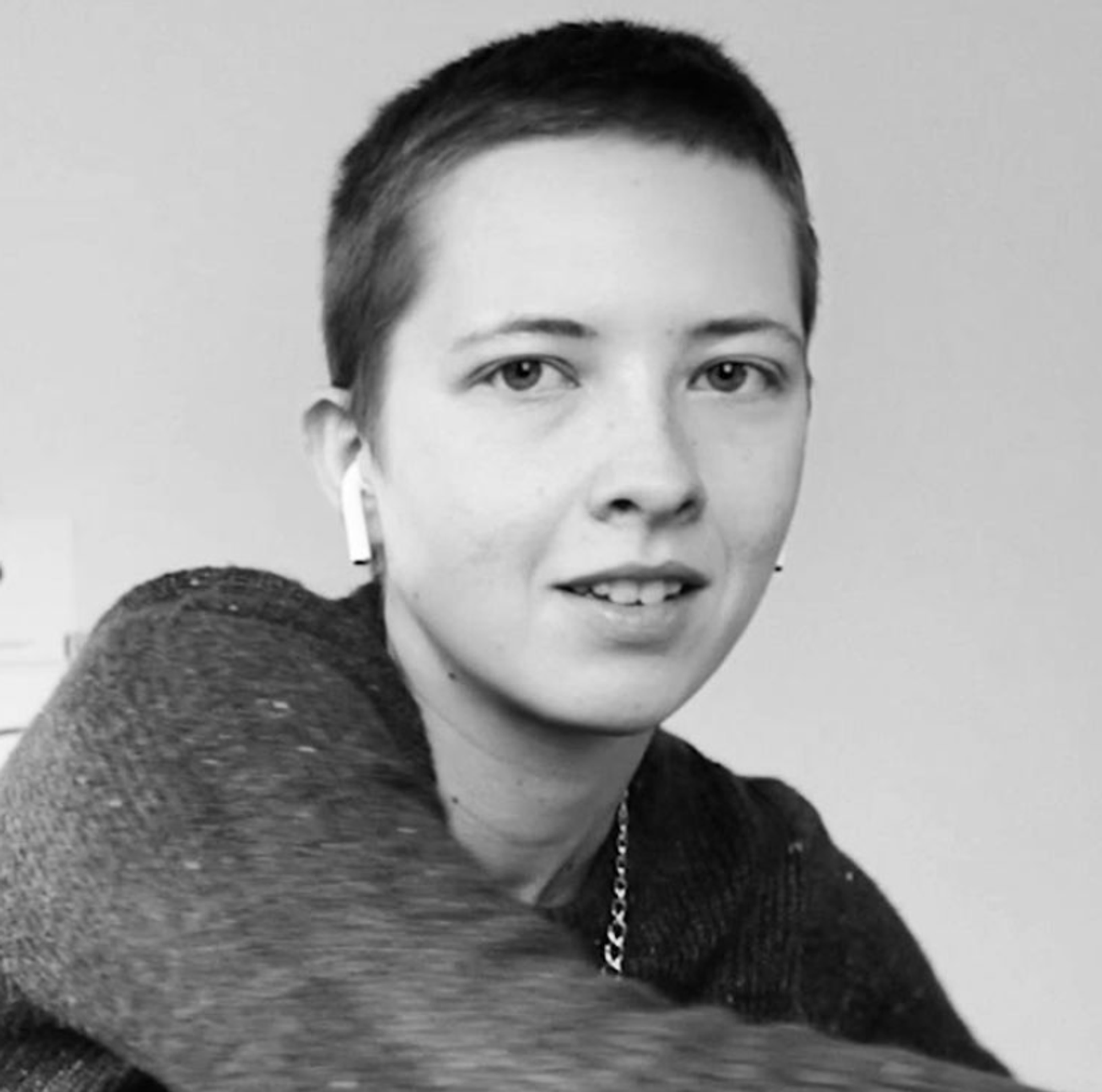
Editorial Reviews
Amazon.com Review
The reader sits down to dinner with Chantal, who is waiting for her lover, Jean-Marc, in a seaside hotel. While waiting to be served, she overhears two waitresses discuss the unexplained disappearance of a family man. This blatant foreshadowing posits the central question of Identity: what we think we know about our intimates is predicated on projection, primal yearnings, and the deep denial of life's impermanence. Identity reads like a musical exercise; its playing out of themes is reminiscent of a fugue. An image dropped into the narrative will be revisited from a different vantage point, tossed back and forth between the lovers; out of it will be teased every possible meaning. The 51 sparse, tiny chapters reinforce the fuguelike feel.
The plot is simple: Jean-Marc arrives at the hotel; Chantal is out walking. Near misses and mistaken identities characterize his frantic search for her, offering Kundera the opportunity to philosophize on the unknowability of the "other." They reunite; Chantal blurts out the distressing thought that's plagued her day: "Men don't turn to look at me anymore." This launches the protagonists into sketchy flashbacks, stilted dialogues, and interior monologues, all loosely bound by their embarkation on an erotic journey.
Key bits from the characters' pasts become signature refrains. Chantal, for example, has buried a son, who died at the age of 5. Strands such as this are dropped lightly in the narrative, to be pulled through later chapters like a needle with different colored threads. Later, for example, the boy's death will trigger her unpleasant realization--that it was, in the end, a "dreadful gift." Children, she thinks, keep us hopeful in the world, because "it's impossible to have a child and despise the world as it is; that's the world we've put the child into." Thus, her child's death has set her free to live out her genuine disdain of the world. Although the illogical extremes of Kundera's thought can be wildly dissonant and wondrously shocking, this reiterative device of Identity lacks energy. There's no sense of discovery about these characters. They remain flat; the style effects one like an Ingmar Bergman film when one is in the mood for Sam Peckinpah.
As if in serendipitous response to her pain in getting older, Chantal receives an anonymous "love" note. More notes follow. Will they prove Jean-Marc's attempt to sweeten her sad disclosure? Her sexual awakening begins to blur the boundaries of what's real. All well and good, but somewhere along the line, Kundera concludes that Chantal is weak because she's older. Age, we are asked to believe, becomes a wedge between the lovers, even though Chantal is only a few years older than Jean-Marc, who is himself only 42. And in the exploration of her sexuality on the wax and wane, Kundera succumbs to cliché: she is consumed too often by too many flames, and red is all used up as a symbol of violent passion. On the subject of male and female desire, Kundera is incomparably funny, and the novel sports some nervy images--masturbating fetuses; our human community joined in a sea of saliva; the ubiquity of spying eyes, harvesting information for profit; the human gaze itself, a marvel, jaggedly interrupted by the mechanical action of the blink. Kundera betrays a witty revulsion for the values and mores of the late 20th century.
But with sentences such as, "This is the real and the only reason for friendship: to provide a mirror so the other person can contemplate his image from the past, which, without the eternal blah-blah of memories between pals, would long ago have disappeared," the reading experience reduces to an annoyance. Perhaps this is the fault of the translator attempting a breezy, colloquial tone. But it's sloppy and careless. Still the novel's an entertainment, a good companion. Reading it is like passing an afternoon in a sidewalk café, catching up with an old friend, say, with whom one has shared youthful cynicism and diatribes against the ignominies of human behavior. One will look back on such an afternoon and remember too many Galloises smoked, too many cups of coffee, moments of intense engagement that fell, alas, into the indulgence of a "retro" ennui.
From Publishers Weekly
In his second novel written in French (after Slowness), Czech-born novelist Kundera employs spare prose in the service of a meditation on the precarious nature of the human sense of self. Recently divorced ad executive Chantal, on a vacation with her younger boyfriend, Jean-Marc, believes that she is too old to be considered attractive by other men. For Chantal, identity is defined by the perceptions of strangers. Her dreams, to the extent that they impose a "leveling contemporaneity of everything a person has ever experienced," disturb Chantal. They remind her that she has a past, when she feels that she exists only in the present, that she is who she is only at any given moment. When she returns from her vacation, she begins to receive letters from an anonymous admirer. She suspects each new man she encounters to be the mysterious scribe and fantasizes how each might perceive her. Gradually, these letters, along with a few dreams, affect how Chantal views herself and her relationship with Jean-Marc, until her feelings and identity become unrecognizable both to her lover and to herself. At the end of the book, the unnamed narrator asks: "At what exact moment did the real turn into the unreal, reality into reverie? Where was the border? Where is the border?" Kundera has long explored themes of impermanence and fluctuating identity?often to memorable effect, particularly in The Unbearable Lightness of Being and even in the more recent Immortality. His new novel lacks a certain vitality, however, perhaps because, torn from any historical or political context, Kundera's metaphysical musings aren't very engaging, or perhaps because the book lacks the ironic edge that Kundera's admirers have come to expect. Copyright 1998 Reed Business Information, Inc.
